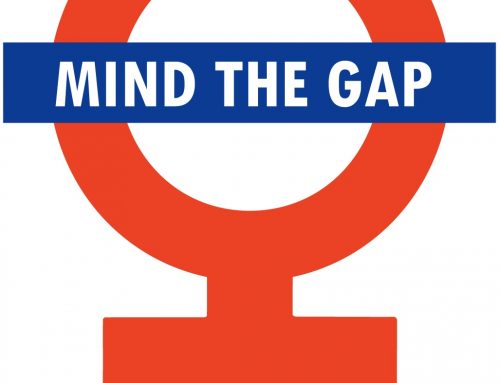 The push for pay equality has gotten off to a strong start in 2018, mostly in the area of salary history. Companies will request a candidate’s current salary and make a job offer based on the lower end of their range. Since women tend to be paid less than men, they carry pay inequality with them from job to job.
The push for pay equality has gotten off to a strong start in 2018, mostly in the area of salary history. Companies will request a candidate’s current salary and make a job offer based on the lower end of their range. Since women tend to be paid less than men, they carry pay inequality with them from job to job.
California’s new law prohibiting managers from asking potential hires about salary history took effect January 1. Since large technology companies such as Facebook and Google have their headquarters in California, many have taken the proactive step of applying the practice to offices in other states.
Amazon, whose headquarters are in Washington, where no such law exists, announced in mid-January that it now prohibits hiring managers asking candidates for salary information. Amazon appears to be taking active steps in pay equity; in 2016, it issued a diversity report that showed that women and employees of color earn 99.7 cents on the dollar earned by white men at the company.
In New Jersey, Governor Phil Murphy signed an executive order banning state agencies and offices from requesting salary history, his first act after being sworn in. While this does not extend to the private sector, Murphy urged the State legislature to pass legislation that would apply to all public and private sector institutions.
Citigroup also announced in January that it would be making appropriate increases in pay to close any gaps for women or minorities. It said that women and minorities earn 99% of every dollar that white men earn but that it regularly reviews pay and market conditions.
The National Women’s Law Center believes policies that prohibit salary history requests are part of a larger matrix of solutions to close the wage gap. Pay transparency and accountability for companies and institutions that do not adhere to equal pay laws are just as important. Let’s not forget that it is already illegal not to pay women the same as men in the US, per the Equal Pay Act of 1963. Loopholes and an inability to prosecute equal pay violations keep the gap in place.





